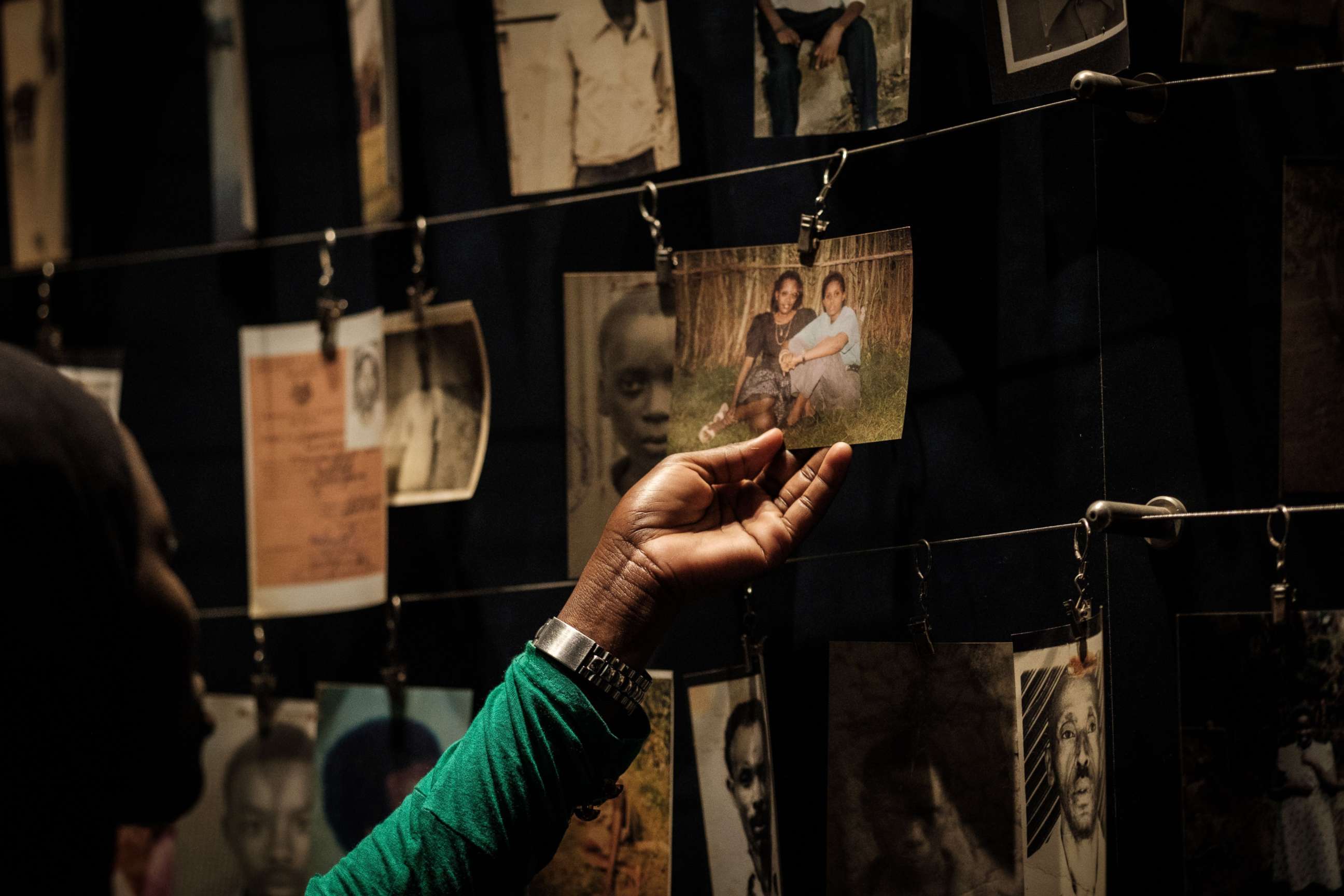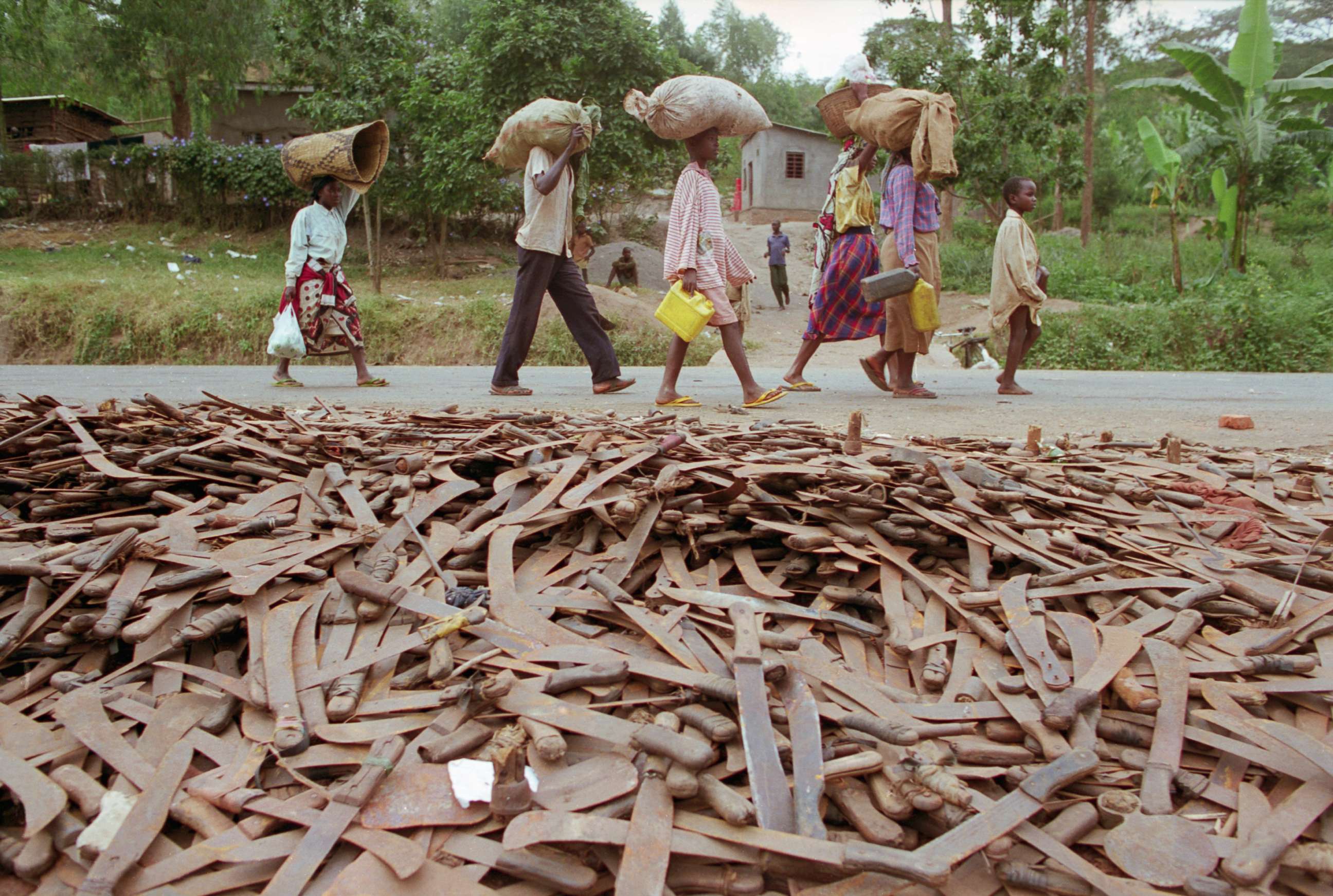Rwanda genocide suspect Felicien Kabuga to be heard in French court after 25 years on the run
At least 800,000 people were killed in the genocide.
Paris -- After decades on the run, Félicien Kabuga, who allegedly was a mastermind of the Rwanda genocide in the 1990s, was arrested by French police and will appear in court this week.
The 84-year-old lived under a false identity in a Paris suburb "with the complicity of his children," according to authorities. Kabuga was the subject of an arrest warrant from the International Mechanism, the body responsible for completing the work of the International Criminal Tribunal for Rwanda. According to a statement from French authorities, he was one of the "most wanted fugitives in the world" and the United States had promised a bounty of $5 million for his capture.
According to Paris prosecutors, Kabuga is accused of creating the Interahamwe militias that were responsible for numerous massacres between April 1990 and July 1994. He is also accused of starting Radio-Television Mille Collines, which supported and encouraged the genocide.

At the end of a bloody civil war that started in 1990, around 800,000 Rwandans died under attack from neighbors or militias that used machetes, hoes and studded clubs. The clashes between two of Rwanda's ethnic groups started under Belgian occupation, which granted Tutsis access to education and positions of governance over the Hutus.
Olivier Olsen, who managed the apartment building where Kabuga lived outside Paris, told local news agency AFP that Kabuga was "very discreet" and someone "who whispers when you greet him."
On Wednesday, judges will decide whether to surrender Kabuga to the International Criminal Court in Arusha, Tanzania.
But Kabuga’s lawyers want Kabuga to remain in France and be tried there.

"With regard to his condition and his age, Mr. Kabuga is not in the capacity to be transferred," attorney Laurent Bayon told ABC News. Because of the coronavirus pandemic, Kabuga could be first transferred to The Hague before being sent to Arusha.
Bayon said Kabuga denies his involvement in the genocide. Kabuga has been hospitalized multiples times since 2016, according to Bayon, who is asking for a complete "psychiatric and psychological expertise to see to what extent [Kabuga] is able to understand" the facts of the case.
Since 1994, Kabuga had lived in various countries including Germany, Belgium, Congo-Kinshasa, Kenya and Switzerland, according to French authorities.



